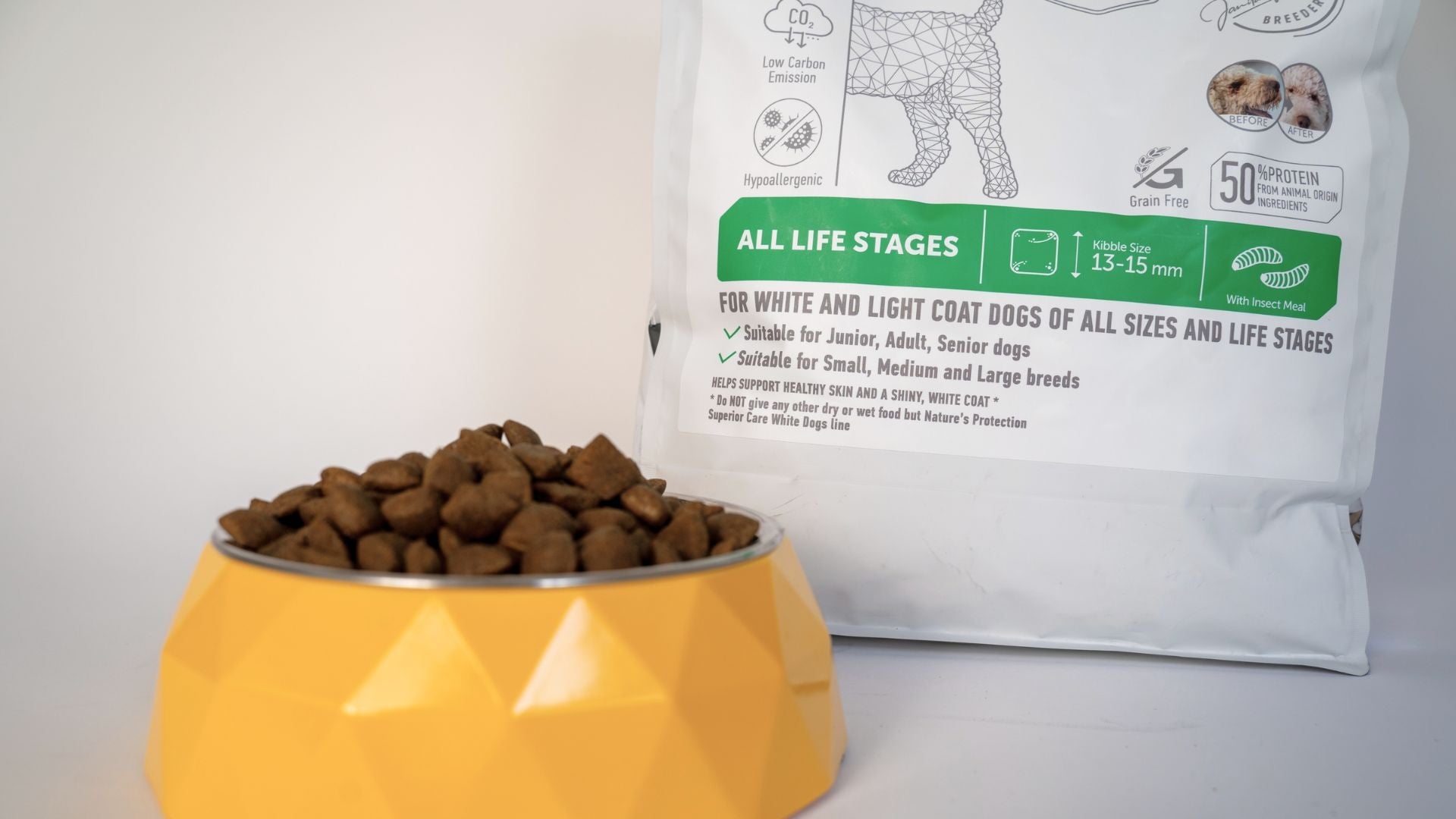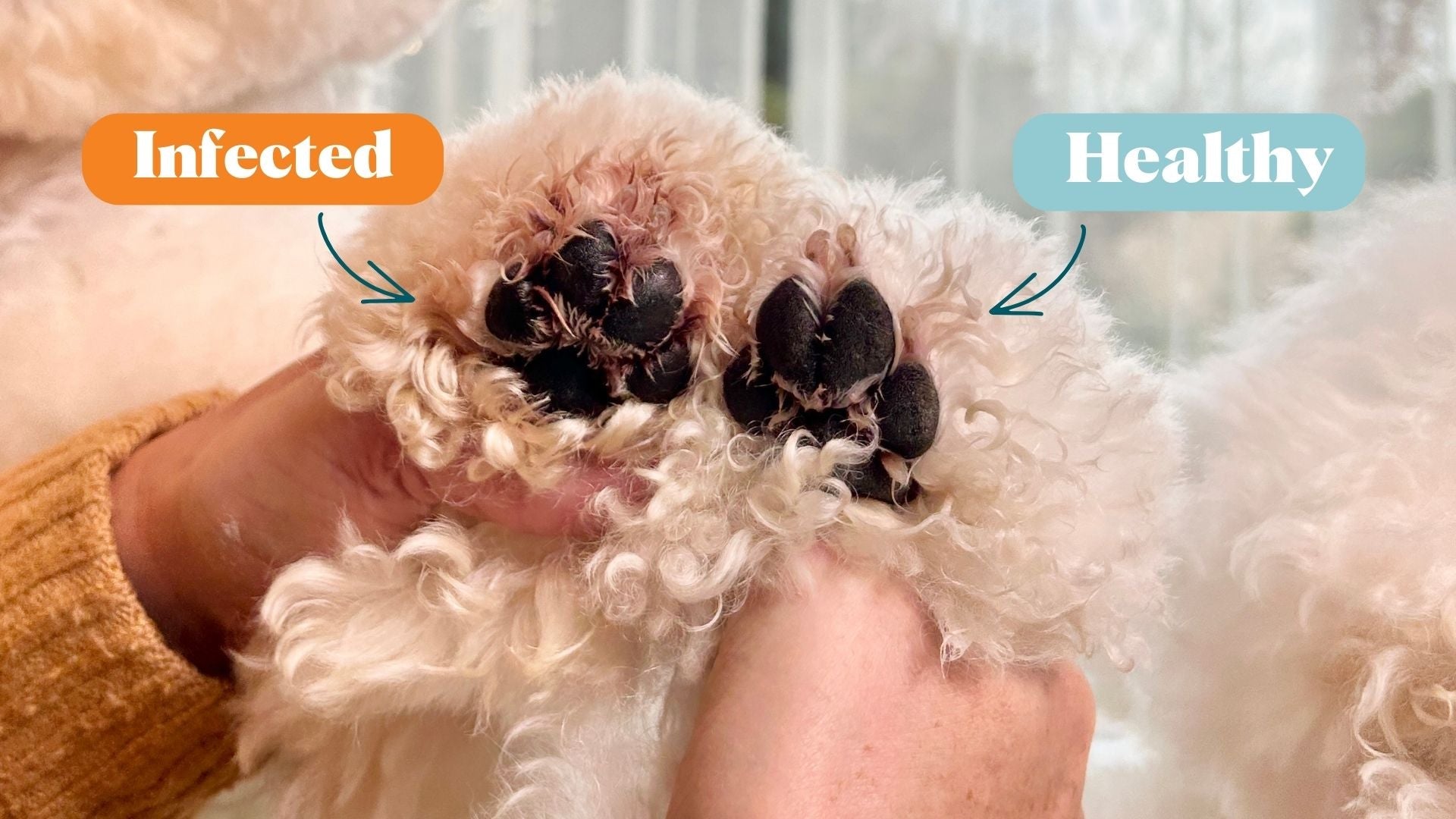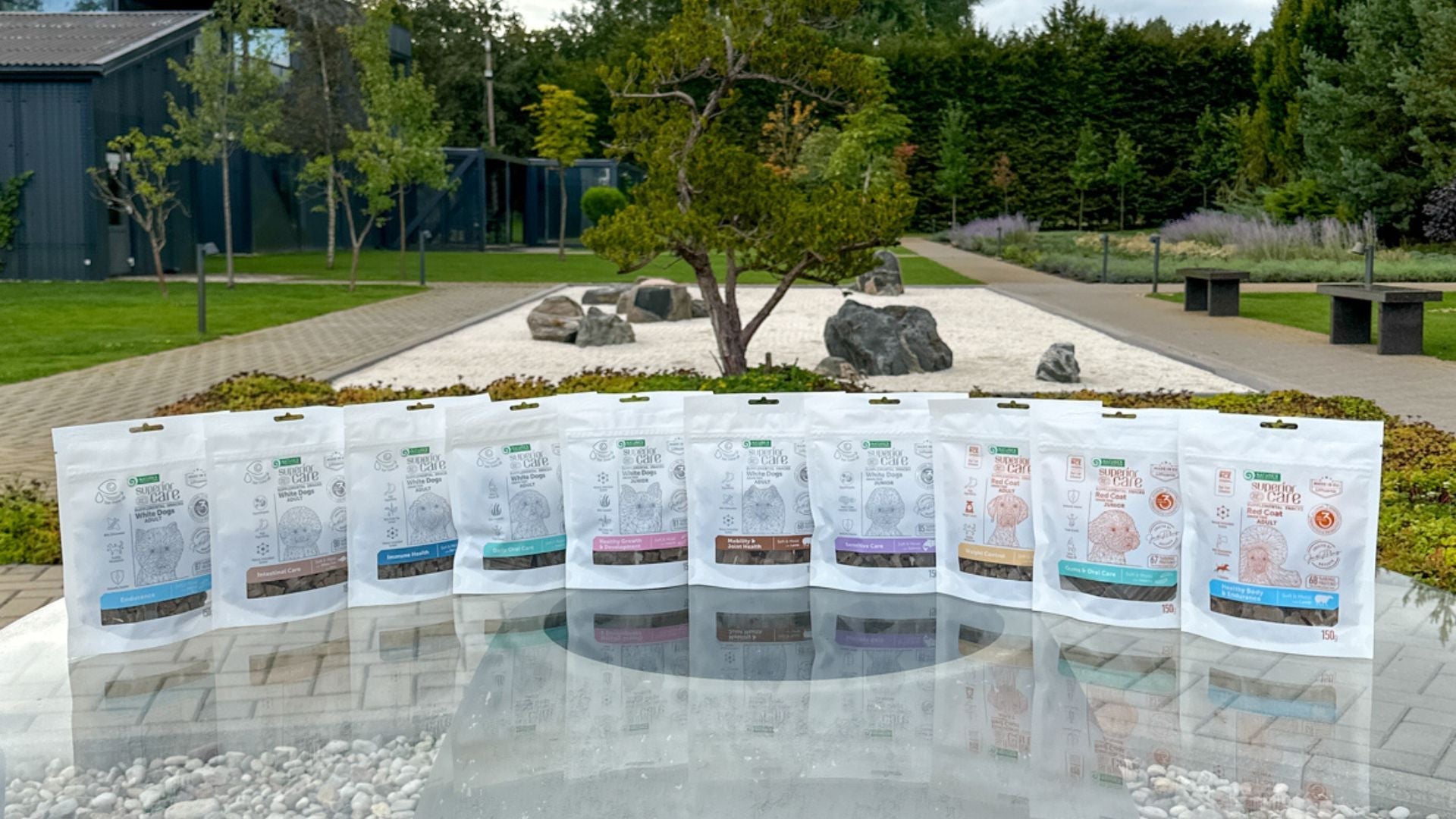As a seasoned dog breeder with nearly four decades of experience, I've witnessed firsthand the crucial role that nutrition plays in the healthy development of puppies. Just like human babies, puppies rely heavily on their diet to support their growth, immunity, and overall well-being during their formative months. In this blog, we'll delve into the essential aspects of puppy nutrition, exploring what a well-rounded diet entails and highlighting some top choices to ensure your furry companion gets off to the best start in life.
Puppy Nutrition Tips: Nurturing Growth and Vitality
Nurturing a puppy's growth and vitality begins with providing them with the right nutrition. Here's a comprehensive guide to understanding what puppy nutrition should encompass:
- Complete Dry Food: Choose a complete dry food specifically formulated for puppies. Look for options like Nature's Protection Superior Care Starter (for puppies up to 4 months old) and Junior (for 4-12 months old puppies), which offer a balanced blend of protein, fats, and carbohydrates tailored to meet the nutritional needs of growing pups. These formulas are enriched with essential vitamins and minerals to support healthy development and immune function.
- Digestive Health Support: Choose puppy food that promotes digestive health with added prebiotics and probiotics, like Nature’s Protection Superior Care. These beneficial bacteria help maintain a healthy gut microbiome, supporting proper digestion and nutrient absorption. High-quality fiber sources like beet pulp and chicory root further aid in digestive regularity and bowel health.
- Joint Support: Support your puppy's growing bones and joints with food and supplemental treats containing glucosamine and chondroitin sulfate. These ingredients help maintain joint health and mobility, reducing the risk of developmental issues like hip dysplasia later in life. Additionally, omega-3 fatty acids from sources like fish oil help reduce inflammation and support joint function.
- Dental Care: Choose dry kibble options and dental treats to promote dental health and hygiene. The crunchy texture of kibble helps remove plaque and tartar buildup, reducing the risk of dental issues like gum disease and tooth decay. Oral care treats feature specially designed shapes and sizes to encourage chewing, further supporting oral health.
- Hypoallergenic Formulas: For puppies with food sensitivities or allergies, opt for hypoallergenic formulas free from common allergens like beef, pork, chicken, eggs, wheat, soy, and dairy. Nature's Protection offers hypoallergenic options made with carefully selected ingredients to minimize the risk of adverse reactions while providing complete and balanced nutrition for sensitive pups.
- Meal Frequency: Puppies have smaller stomachs and higher energy needs than adult dogs, requiring smaller, more frequent meals throughout the day. Aim for three to four meals spaced evenly apart to provide a steady source of energy and support healthy growth and development. Avoid overfeeding or free-feeding to prevent obesity and digestive issues. Food measuring scoop is a perfect tool to ensure your puppy gets the right amount of food.
- Hydration: Ensure your puppy stays properly hydrated by providing access to fresh, clean water at all times. Monitor your puppy's water intake and encourage regular drinking, especially during hot weather or periods of increased activity. You can use an anti-splash water bowl for a better experience.
By following these guidelines and selecting high-quality puppy food like Nature's Protection, you're providing your young companion with the essential nutrients they need to thrive, setting them up for a lifetime of health and happiness.
Summary
Making sure your puppy gets the right food is super important for their health and happiness. By choosing a good-quality puppy food like Nature's Protection and following the tips we've talked about, you're giving your pup the best start in life. Good nutrition helps them grow strong, keeps their immune system in top shape, and keeps their tummy happy. Don't forget to chat with your vet to tailor your puppy's diet to their needs and keep an eye on how they're doing as they grow up. With the right food and care, your pup will be all set for a long and happy life by your side.











